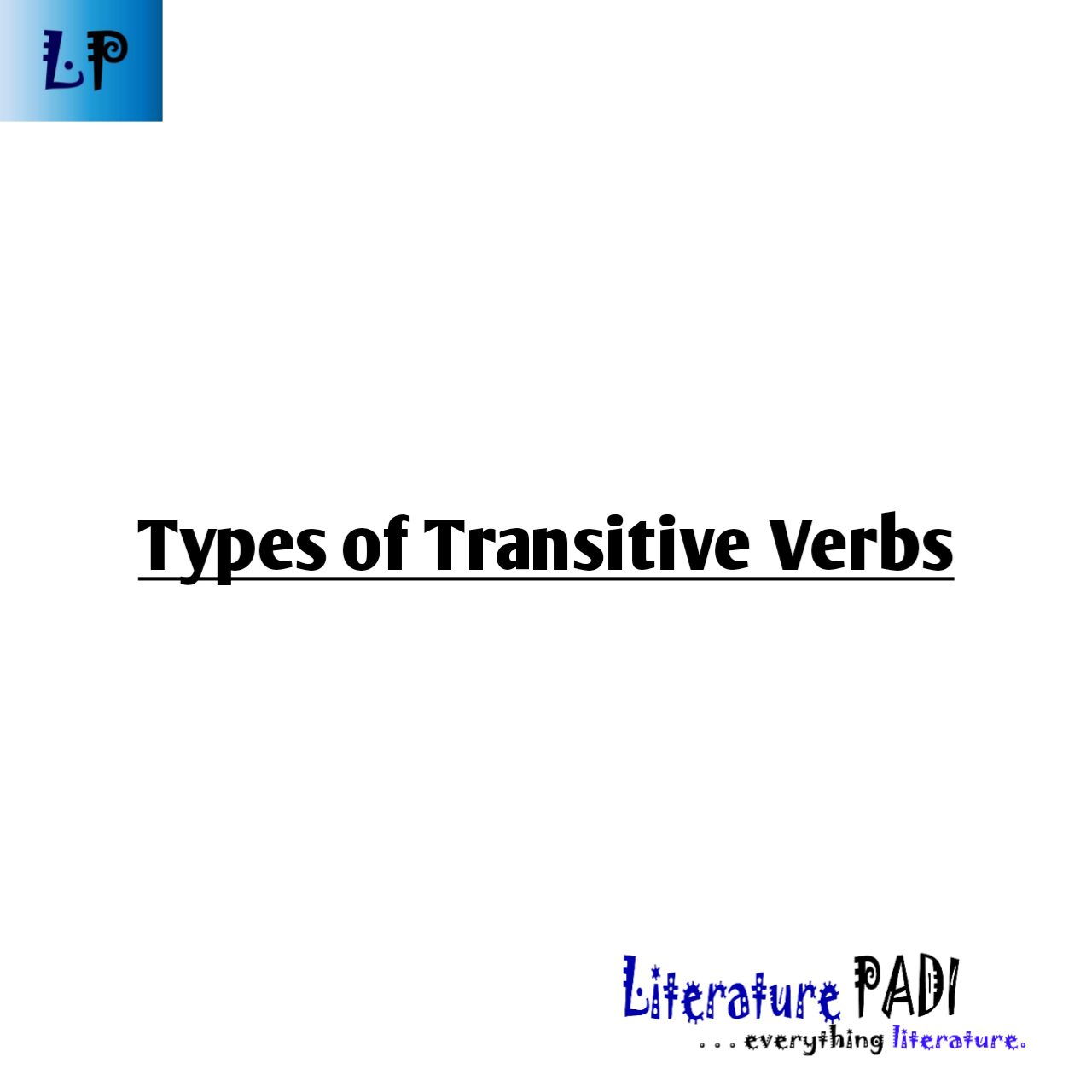The English Language is a widely spoken language, used in different contexts for different purposes. The users of the language vary from native speakers to the non-native speakers. Speakers of English as a second language are prone to mistakes that arise from the dynamism and uniqueness of the language. In this post, I have compiled a list of common mistakes made by non-native speakers of the language.
The problem of concord or syntactical disagreement in sentences
A pair of gloves are in the box. ❌
A pack of lions are here. ❌
It happen only rarely in life. ❌
One should respect your motherland. ❌
The books that I bought this year is costlier than last year. ❌
Errors of tense
I am in school yesterday. ❌
You have spoke well. ❌
* 3 participial auxiliary verbs (have, has, had) must be followed by verbs in the participle forms.
Errors of spelling
Examples of words often misspelled are:
Beginning
Omission
Referred
Occurred
Fulfill/fulfil
Occasion
Occurrence
Malapropism
Two similar sounding words with different spellings, one mistaken for the other.
Devout and devote
Quay and key
Rite and right
Check and cheque
Pray and prey
Tautology (useless repetition):
My father has paid my school fees money. ❌
We have a congress meeting this afternoon. ❌
She is very intelligent still yet she failed. ❌
Wrong and irrelevant use of preposition:
She is accustomed to (not “with”) hot weather.
She has worked in the office for (not “since”) ten years.
Congratulate on (not “for”).
Damage to (not “for”).
Caution against (not “from”).
Accused of (not “at”).
Result in (not “into”).
Blame on (not “to”).
Absolve from blame (not “of”).
“Adjudicate” does not need a preposition.
Misuse or wrong use of articles:
Meet me in (the) hostel.
Non-count nouns do not take indefinite articles like “a” and “an”.
How can we evaluate a behavior? ❌
Wrong use of possessives:
Possessives do not attract apostrophes. Examples:
Your’s sincerely. ❌
Yours sincerely. ✅
Wrong use of demonstratives:
This (these) are useful plans.
Wrong use of figurative or idiomatic expressions:
Every nook and corner (cranny).
Lacking (lagging) behind.
Lack of Parallelism:
One should respect your (one’s) motherland.
Mr. David loves dancing, singing, dancing and to travel (travelling).
Use of full stop after incomplete expressions:
Since I was there. ❌
When I was there. ❌
The heading of a letter, project and the likes must not have a full stop unless it is a complete sentence. E.g.:
The Investigation into the Use of Prepositions by Secondary School Pupils. ❌
Use of question mark after indirect question:
He asked if the lecturer was present? ❌
Wrong use of uncountable and collective nouns:
He is a member of staff. (not “He is a staff”)
There is a slice/tuber of yam. (not “There is a yam”)
I wolfed a loaf of bread. (not “I wolfed a bread”)
Wrong use of non-adjuncts:
A three year programme. (not “A three years programme”)
A three man committee. (not “A three men committee”)
Wrong collocation:
He lives in (on) campus.
It comprises of students and staff. ❌
We discuss about the issue. ❌
Errors of interference:
This is common among non-native speakers of the language. Their mother tongues often interfere with their use of English language. There are basically four types of interference: syntactic, semantic, phonological, and lexical. E.g.:
I am travelling to abroad. (instead of “I am travelling abroad”)
Wrong arrangement of adjectives:
The female newly-built hostel. (instead of “The newly-built female hostel”)
Overgeneralisation of rules:
The building costed me ten million. (instead of “The building cost me ten million”)
Titi casted her vote earlier. (instead of “Titi cast her vote earlier”)
It has negative effect on the audiences. (instead of “It has negative effect on the audience”)
The man bursted into tears. (instead of “The man burst into tears”)
Absence of Punctuation:
The manager, said the clerk, is mistaken.
The manager said the clerk is mistaken.
The above sentences have the same words but different meanings because of the punctuation. To allow for clarity, punctuation must be appropriately used. More examples:
The dirt-city dweller has come.
The dirty city-dweller has come.
Whenever I see her, I run away.
Whenever I see her I run away.
Wrong use of comma:
It is expected that, they will not say that which is untrue. ❌
It is expected, that they will not say that which is untrue. ❌
It is expected that they will not say that, which is untrue. ❌
Misuse of Adjectives and Adverbs:
The apple fruit short cake tastes judiciously (deliciously)
She did all her work satisfactory (-ly).
When she bought a diamond necklace, she got a bangle freely (free).
You can speak free (freely).
Misuse of infinitives:
You can’t avoid to make mistakes. (instead of “You can’t avoid making mistakes”)
You can’t afford making mistakes. (instead of “You can’t afford to make mistakes”)
 WHATSAPP: Click HERE to join the new Literature PADI WhatsApp group to receive latest updates on your phone and for further literary discussions!
WHATSAPP: Click HERE to join the new Literature PADI WhatsApp group to receive latest updates on your phone and for further literary discussions!








